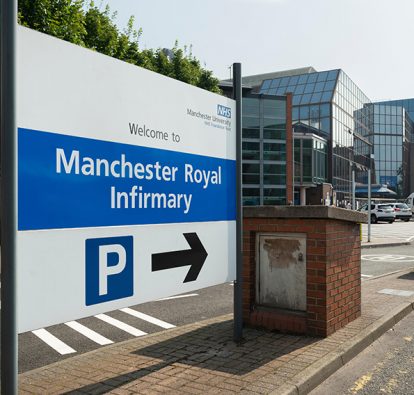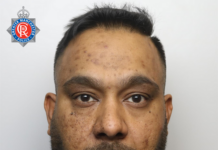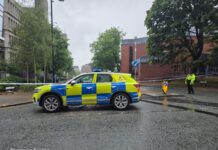Junior doctors are beginning a 72 hours strike this morning over pay
Emergency, urgent and critical care will be prioritised by the NHS this week with thousands of patients facing postponements to routine care.
With around 61,000 junior doctors making up half of the medical workforce and no national derogations having been agreed, the action is expected to see some of the most severe strike disruption of NHS services to date and have a huge impact on the drive to reduce waiting lists for elective care.
While reiterating that patients should still come forward for the care they need and attend any planned appointments unless contacted to reschedule, the NHS’ top doctor urged the public to use 999 and A&E for life-threatening emergencies only during the planned industrial action and to make use of NHS 111 online and other services for non-urgent needs.
NHS Medical Director, Professor Sir Stephen Powis, said: “The NHS has been working incredibly hard to mitigate the impact of this strike. While we are doing what we can to avoid having to reschedule appointments, there’s no doubt that disruption will be much more severe than before and patients who have been waiting for some time will face postponements across many treatment areas. Where there are postponements, we’ll be trying to re-book as quickly as possible. However it is vital to attend planned appointments unless told otherwise.
“We have no option but to prioritise emergency and critical care as a matter of patient safety, and we’re asking the public to help us and use 111 online as well as local services like general practice and pharmacies as first points of call, but people should of course always use 999 in a life-threatening emergency.”
The doctors claim that they could earn more money serving coffee as a Barista than working as a doctor with less stress







